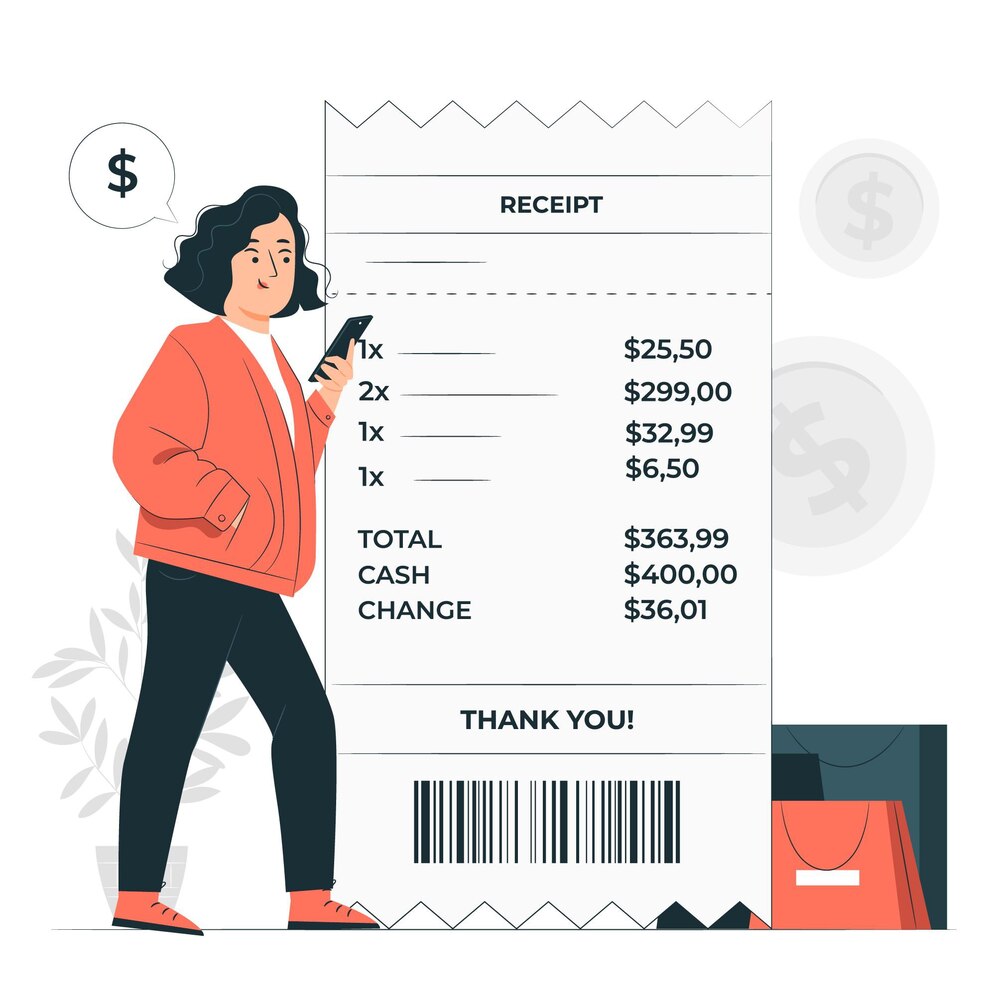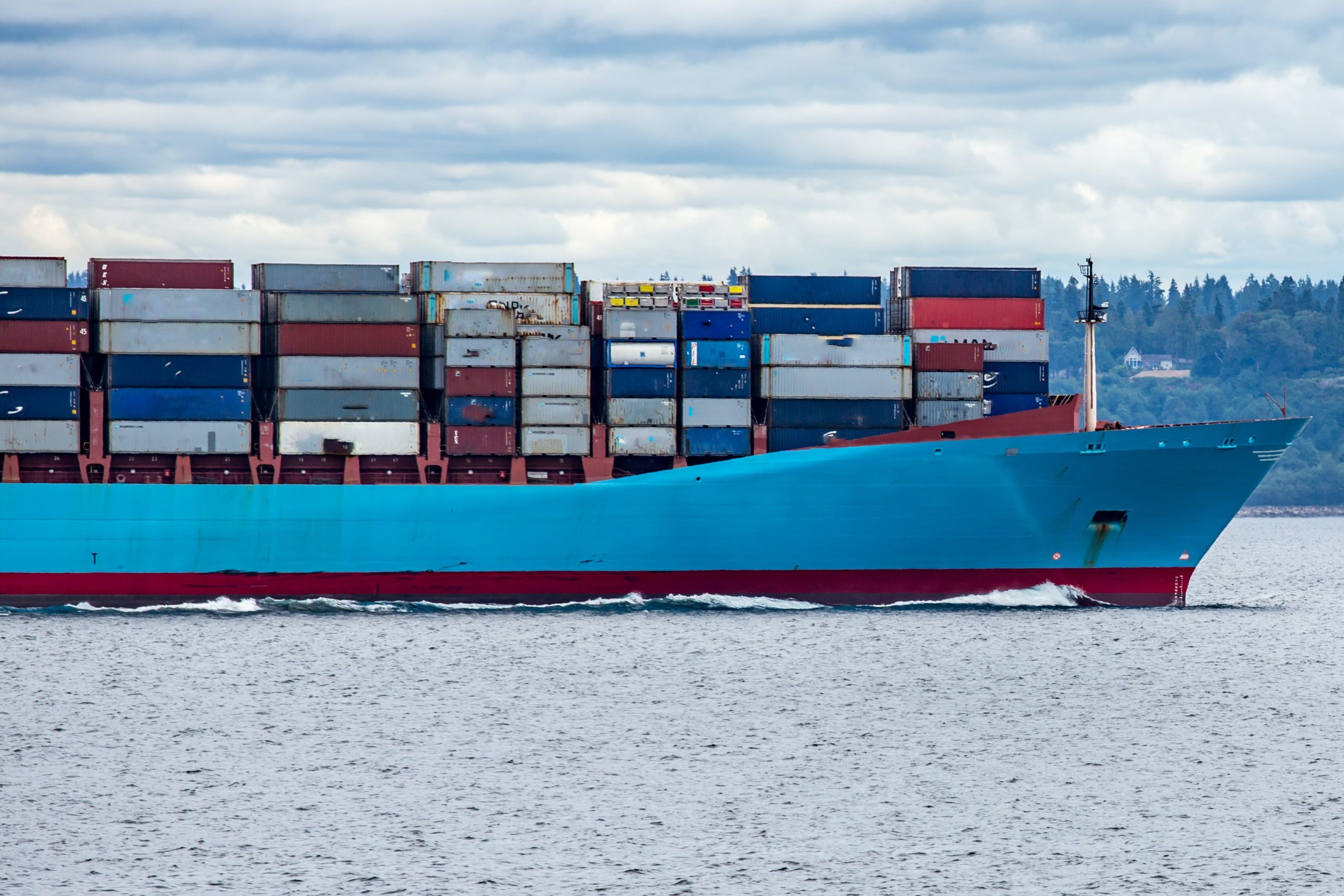The Bill of Lading (“B/L” or “BIL”) is the most important and popular shipping document in international shipping of goods, which was first used in the 14th century when trade activities between countries along the Mediterranean coast started flourishing. Current regulations on BIL are found in international conventions on transport of goods by sea and national maritime laws. Accordingly, a BIL is understood as a document for transporting goods by sea signed by a carrier to a shipper after the goods have been loaded onto the ship or received for transport. The issuance and lawful possession of a BIL have different legal impacts on relevant entities, depending on the type and specific contents of the issued BIL. To prevent disputes in international shipping of goods, the parties need to clearly understand the nature of their rights and obligations arising from the BIL. The following article analyses some essential legal implications of BILs according to Vietnamese laws.

1. What is a Bill of Lading?
According to Article 148 of the Vietnam Maritime Code 2015 (“Maritime Code”), a BIL is a type of transportation document having the following 03 meanings:
- Evidence that the carrier has received goods with quantity, nature, and condition as specified in the bill of lading to carry such goods to the place of discharge;
- Evidence of ownership of the goods, which is used to dispose of or receive the goods; and
- Evidence of a contract for carriage of goods by sea.
Types of BILs
There are many criteria for classifying BILs, e.g., characteristics of the transport itinerary or notes on the bill of lading. According to the Maritime Code, based on transferability, bills of lading can be divided into 03 types [1]:
- Non-transferable BIL: aka straight BIL. Accordingly, the consignee’s information is clearly recorded, and only this person is entitled to receive the goods.
- Transferable BIL: aka order BIL.
- The consignee’s information is not clearly stated but is written as “To order of…”, meaning according to the order of the person who issues the release order. The person authorised to receive the goods must be designated by the person authorised to issue the return order.
- Order BILs usually have 03 types: (1) To order of shipper; (2) To order of consignee; (3) To order of bank.
- Bearer BIL: does not clearly state the consignee’s information or the person issuing the release order. Any person holding and presenting this BIL is entitled to receive the goods. This is the least common type of BIL in modern transactions.
2. Critical legal roles of Bill of Lading
2.1 The bill of lading is evidence of the contract of carriage.
What is a contract of carriage under a bill of lading?
Based on the methods of ship chartering, the carriage of goods by sea can be divided into two main types: transporting goods by liner and transporting goods by voyage charters. Correspondingly, Vietnamese law classifies sea transportation contracts into contracts based on transportation documents (aka liner contracts) and voyage charter contract [2].
A carriage contract based on a transportation document is concluded on the condition that the carrier does not need to reserve for the shipper the entire ship or a specific part of the ship. Rather, the ship reservation depends only on the type, quantity, size, or weight of the goods to be transported. A contract of carriage based on transportation document is concluded in a form agreed upon by the parties. When the BIL is used as a transportation document, the parties often express the basic agreements on the carriage in the BIL instead of signing a separate carriage contract.
What should be included in a BIL?
The content of the BIL is the legal basis for resolving disputes between the carrier, the shipper, the lawful holder of the BIL… A BIL will usually contain the following s information:
- Type of BIL: can be original BIL, surrender BIL, seaway bill…
- Freight and charge: can be prepaid or collected later.
- Shipper’s information: company name, address, contact information…
- Consignee’s information: company name, address, contact information…
- Notify party who will be notified of the goods’ arrival: when the notify party is the consignee, write “Same as consignee”.
- Description of goods: item name, type, quantity, weight, size, volume, shipping mark, condition of goods upon receipt…
- Other information: booking number, vessel number/name, container number…
- Port of loading.
- Port of discharge/port of delivery.
- Number of original BILs issued to the shipper.
2.2 Bill of lading is evidence that the carrier has received the goods from the shipper
A BIL is a receipt confirming that the carrier has received goods from the shipper with the quantity, type, and condition as stated in the BIL.
Confirming the goods’ information and status in the BIL is important, as such confirmations will be used as the basis to determine the conditions of the goods the carrier must deliver to the consignee. In general, the carrier is responsible for handing the consignee the goods of the quantity, type, and condition as recorded on the BIL.
Therefore, when the carrier has doubts about the condition of the goods upon receipt, they have the right to note their comments on the BIL or refuse to record in the BIL the description of the goods if there are sufficient doubts regarding the accuracy of the shipper’s declarations at the time of loading or when there are no conditions for verification. If the goods are packaged before being delivered to the carrier, the carrier has the right to note in the BIL that the contents of the goods are unknown.
If the shipper has intentionally made a false declaration about the type and value of the goods when loading and such declaration has been recorded in the BIL, the carrier will not be responsible for compensating for loss or damage related to the goods in all cases.
2.3 Bill of lading is evidence of ownership of the goods to dispose of or receive the goods.
2.3.1 Right to dispose of goods
The lawful holder of the BIL will have certain rights to dispose of the goods. Usually, the rights to dispose of goods are often exercised in the following situations.
- The shipper exercises control over the goods.
In case the consignee has not yet fulfilled its payment obligation for the goods, the shipper can exercise the right to control the goods to stop the delivery of the goods to the consignee. In other cases, the shipper can request to unload the goods before the ship begins its trip or change the consignee or the discharge port after the trip has begun, provided that the shipper must compensate all relevant damages and costs.
- The lawful holder of the BIL exercises the right to transfer the BIL.
For BIL to order of shipper: Before the original BIL is delivered to the lawful consignee, the shipper is entitled to transfer the BIL to another person. This type of BIL is very useful when the consignee fails to fulfil his payment obligation to the shipper, then the shipper has the right to sell the goods in transit to someone else by transferring the BIL to the new buyer.
For BIL to order of consignee: After the original BIL is delivered to the legal consignee, the consignee has the right to transfer the BIL to another buyer. This type of BIL is often used when the consignee intends to transfer the goods to another buyer while the goods are in transit, also known as second-hand trading.
2.3.2 Right to receive the goods
The lawful owner of a BIL has the right to request the carrier to deliver the goods to them upon the goods’ arrival at the port of delivery. In case the BIL is transferred as described above, the party entitled to receive the goods can be the new buyer designated by the shipper or consignee of the original BIL.
It should be noted that, after the goods have been released, the remaining original BILs will cease being valid for receipt of goods.
[1] Article 162 of the Maritime Code
[2] Article 146 of the Maritime Code
Disclaimers:
This article is for general information purposes only and is not intended to provide any legal advice for any particular case. The legal provisions referenced in the content are in effect at the time of publication but may have expired at the time you read the content. We therefore advise that you always consult a professional consultant before applying any content.
For issues related to the content or intellectual property rights of the article, please email cs@apolatlegal.vn.
Apolat Legal is a law firm in Vietnam with experience and capacity to provide consulting services related to International Commercial & Trade and contact our team of lawyers in Vietnam via email info@apolatlegal.com.






































